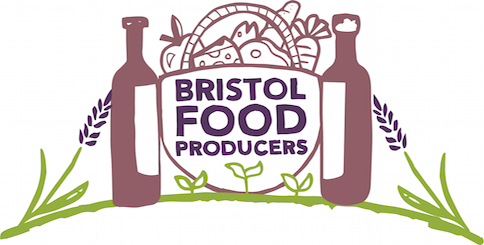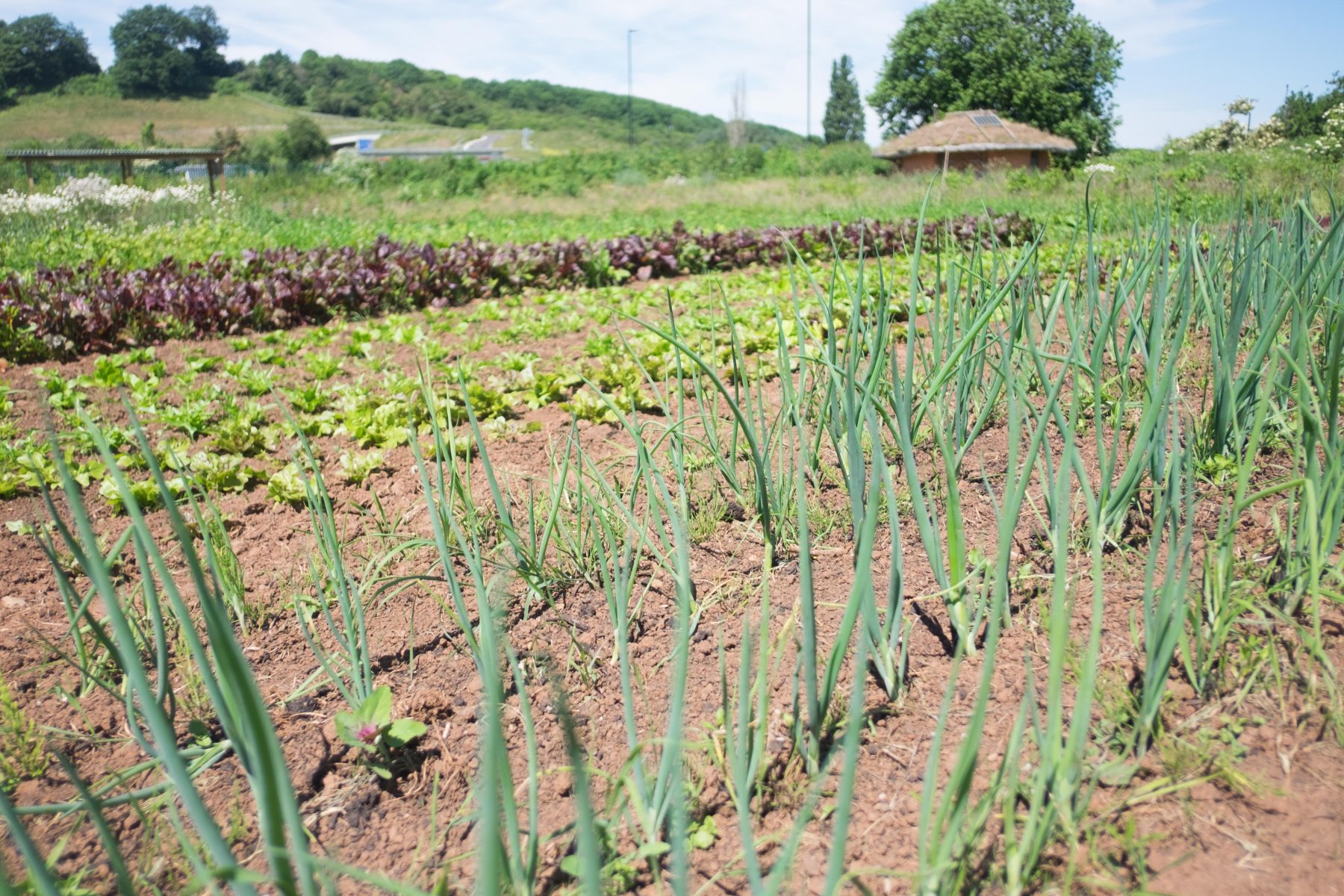The Bristol City Council Parks and Green Spaces Strategy is open for consultation, including a chapter on the Food Growing and Allotment Strategy (Chapter 6 – P40). This will dictate the strategy for food growing and land use in the city until 2039, so it is essential that we add our voices to represent food producers in Bristol.
This strategy and consultation is separate to the consultation that is currently happening on allotment fees and rules (which can be found here).
We’ve carefully reviewed the document and we think that the Food Growing and Allotment strategy is positive and demonstrates real progress in the way the council intends to use their land. There is a commitment to managing the BCC allotments more effectively, but also a recognition of the important role that community and commercial growing provides to residents in the city. There is also a commitment to reviewing the council’s current tenancies to identify under-utilised land in the city that could be used for food growing – for allotment, community and commercial growing.
You can find the full Parks and Green Spaces Strategy here and the consultation is here.
It is vital that you contribute and raise your voice on behalf of growers and food producers in the city.
We encourage you to read through the relevant section (Chapter 6 – page 40 and actions on Page 55) then respond to the consultation. But if you’re pressed for time, you don’t need to complete all the parts of the consultation – if you’re short of time, you can just click ‘next page’ to get to questions 18, 19 and 20 that relate to the Food Growing and Allotments chapter.
Here are our priority points to support:
Question 18 point 1:
“Develop policies and support for tenants so that food growing across council-managed sites become more environmentally sustainable and nature friendly, supporting Bristol’s Climate Friendly Grower’s Pledge.”
We recommend strongly agreeing with this point. Having these policies and support for tenants could have significant impact on biodiversity and sustainable growing
Question 18 point 4
“Carry out an audit into who uses existing council allotment space and engage with stakeholders to understand the barriers that underrepresented groups (including those at risk of food inequality) face to accessing food growing. Using this data and learning, we will work with food equality partners to develop a food growing priority list, developing specific interventions including offering collective food growing opportunities.”
We recommend strongly agreeing with this point. While our work is focused on commercial growing, allotments are an important entry point for people getting into food growing. Looking at the barriers for underrepresented groups is a key part of this.
Question 18 point 6
“Develop a place-based approach in partnership with the food growing community to determine what type of food growing initiative would achieve the best outcomes for that space in that area.”
We recommend strongly agreeing with this point. It’s important that the land serves the local community, and the best use for that piece of land is identified – whether it’s allotment, community or commercial growing.
Question 18 point 7
“Create registration processes for collective food growing groups and larger scale food producers, working in partnership with Bristol Food Producers to help identify and match appropriate growing space with local food producers, as land becomes available.”
We recommend strongly agreeing with this point. This has been part of the long term work we’ve planned with the council, and developing a clear and transparent application process and matching criteria is an important part of opening up access to land in the city.
Question 18 point 8
“Where possible, we will pilot the repurposing of council-owned land for food growing in areas of high deprivation and food inequality. This will include allotment space, collective food growing and commercial food growing spaces respectively.”
We recommend strongly agreeing with this point. There is a lot of underutilised land around the city and bringing this back into food growing can help increase the amount of food grown local in the city.
In Question 19 at the bottom, we recommend adding comments around:
- Recognising the need for policies relating to environmental sustainability/nature friendly farming being applied on smallholdings and grazing land as well as allotment sites
- As well as a place based approach to land, it’s important to look at the city as a whole to ensure the most suitable land (for example in soil quality) is used for productive growing.
- The repurposing of underutilised land should be extended across the city, not just in areas of high deprivation.
- City Farms should also be recognised and protected in the strategy as the represent an important part of food growing and farming in the city.
Question 20
We think it’s important under this question to highlight the Stapleton Smallholdings (the brown area along the M32 at the edge of the map, just beyond Grow Wilder) – this is the highest quality land in the city and has historically been the market gardening quarter of the city. As a large area of high quality land that is currently underutilised, we feel this land should be brought back into food growing as a mixture of commercial and collective food growing.

